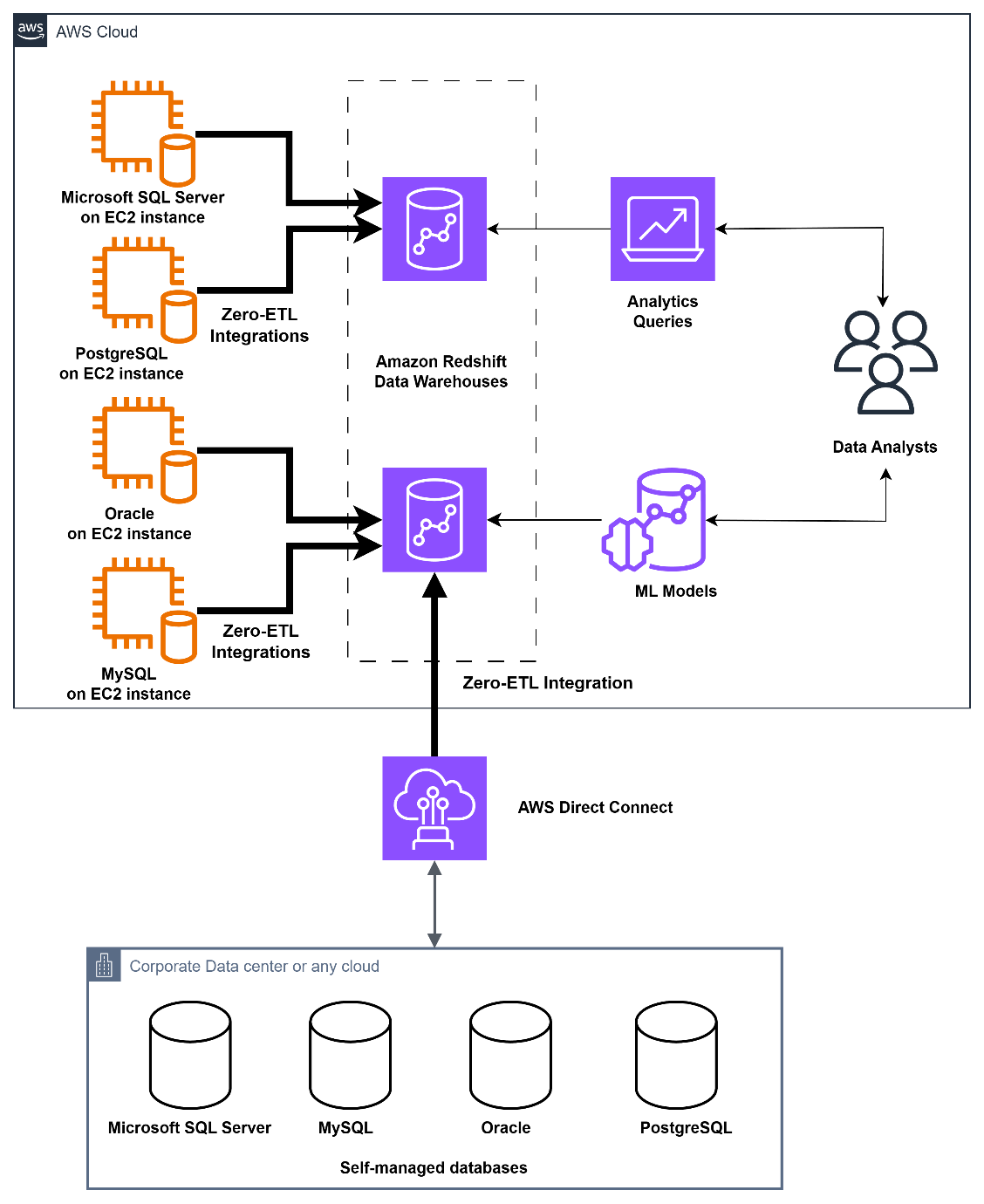
https://www.percona.com/blog/c....loud-native-mysql-hi
Discover the world at Altruu, The Discovery Engine

MongoDB Announces Leadership Transition https://www.mongodb.com/compan....y/blog/news/mongodb-
Everything you don’t need to know about Amazon Aurora DSQL: Part 5 – How the service uses clocks
In this post, I explore how Amazon Aurora DSQL uses Amazon Time Sync Service to build a hybrid logical clock solution.
https://aws.amazon.com/blogs/d....atabase/everything-y

Amazon Ads upgrades to Amazon ElastiCache for Valkey to achieve 12% higher throughput and save over 45% in infrastructure costs
Amazon Ads enables businesses to meaningfully engage with customers throughout their shopping journey, reaching over 300 million audience in the US alone. Delivering the right ad to the right customer in real time at a global scale requires highly available, low-latency infrastructure capable of processing tens of millions of requests per second. In this post, […]
https://aws.amazon.com/blogs/d....atabase/amazon-ads-u

Simplify data integration using zero-ETL from self-managed databases to Amazon Redshift
In this post, we demonstrate how to set up a zero-ETL integration between self-managed databases such as MySQL, PostgreSQL, SQL Server, and Oracle to Amazon Redshift. The transactional data from the source gets replicated in near real time on the destination, which processes analytical queries.
https://aws.amazon.com/blogs/d....atabase/simplify-dat
